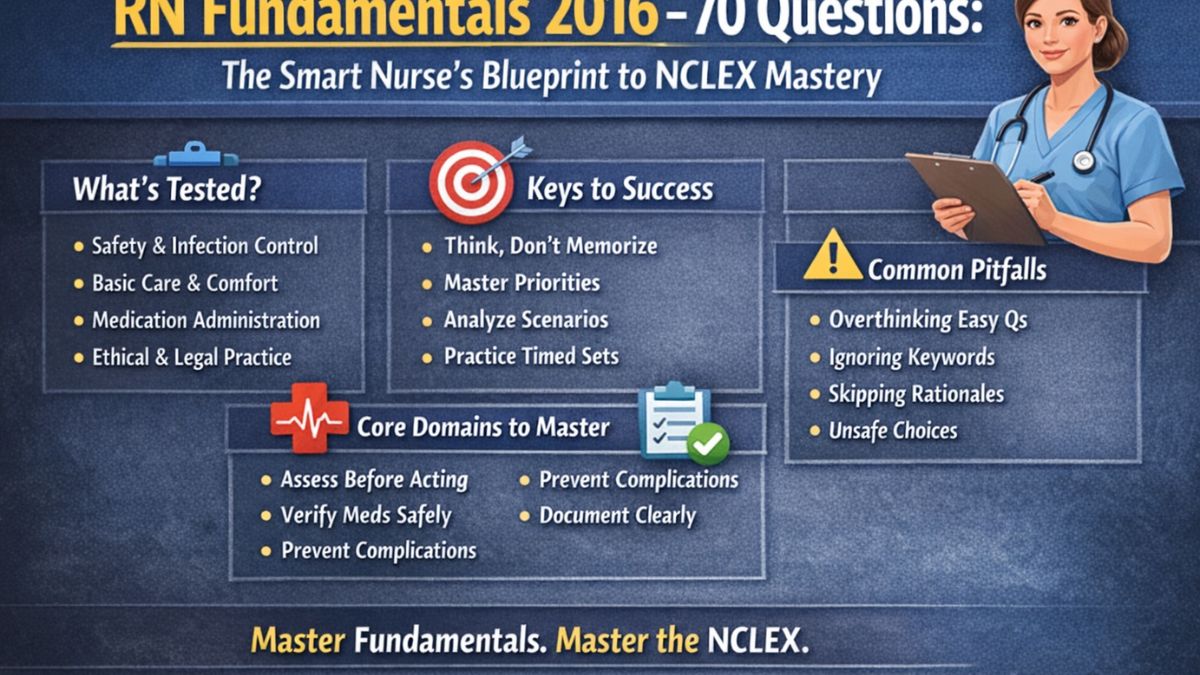Accidents can change your life in a matter of seconds. Whether it’s a car crash, a workplace injury, or a slip and fall, the physical pain is often accompanied by emotional and psychological stress.
Many victims experience anxiety, sleep issues, mood swings, and even symptoms of post-traumatic stress disorder (PTSD). Understanding how to manage these feelings is a critical part of recovery — both physically and mentally.
In this article, we’ll cover practical ways to handle stress after an accident and explain when it might be time to seek professional or legal help.
1. Acknowledge What You’re Feeling
The first step in dealing with post-accident stress is recognizing that it’s normal. Shock, fear, guilt, anger, and sadness are all common emotions after a traumatic event. Trying to “tough it out” or ignore these feelings often makes things worse.
Tip:
Keep a journal of your emotions and physical symptoms. It helps track your progress and can be useful evidence later if your emotional distress becomes part of your injury claim.
2. Talk About the Experience
Bottling up emotions can intensify anxiety. Sharing your experience with trusted friends, family members, or a counselor can help you process the trauma. Support groups for accident victims can also provide understanding and reassurance.
Legal insight:
If your stress is impacting your ability to work or enjoy life, make sure to tell your injury lawyer. Emotional distress is a recognized component of many personal injury claims.
3. Practice Relaxation Techniques
Simple stress-management practices can make a big difference:
- Deep breathing exercises to calm your nervous system.
- Meditation or mindfulness to help control intrusive thoughts.
- Gentle stretching or yoga (with your doctor’s approval) to relieve tension.
- Listening to soothing music or nature sounds to reduce anxiety.
These techniques not only promote mental relaxation but also support physical healing.
4. Take Care of Your Body
Your mind and body are connected. Good physical health can make it easier to handle emotional stress.
Focus on:
- Getting adequate sleep (your body heals while you rest)
- Eating nutrient-rich foods
- Staying hydrated
- Following your doctor’s treatment plan and attending all follow-up appointments
Avoid self-medicating with alcohol or drugs — these can worsen both physical and mental recovery.
5. Seek Professional Help When Needed
If your stress doesn’t improve after a few weeks, or if you’re experiencing flashbacks, panic attacks, or avoidance behavior, you may be dealing with PTSD or severe anxiety. In such cases, a licensed therapist or psychologist can provide specialized support.
Tip:
Keep records of all mental health treatments. These can help document emotional distress as part of your compensation claim.
6. Understand Your Legal Rights
Emotional trauma after an accident isn’t just “in your head” — it’s real, and it has value in the eyes of the law. An experienced personal injury lawyer can help you:
- Document emotional suffering
- Connect with medical professionals who understand trauma
- Seek fair compensation for pain, suffering, and mental anguish
By letting your attorney handle the legal stress, you can focus fully on your healing.
7. Be Patient With Yourself
Recovery takes time. Every person’s journey is unique — there’s no set timeline for when you “should” feel better. Small steps, consistent support, and self-care can lead to real progress. Remember: healing isn’t just about your body; it’s about your peace of mind too.
Final Thoughts
Coping with stress after an accident is challenging, but you don’t have to do it alone. By addressing your emotional health, seeking professional guidance, and understanding your legal options, you can regain control and move forward with confidence.
If you or a loved one are struggling after an accident, speak with a qualified personal injury lawyer. They can help you understand your rights and pursue compensation for both your physical and emotional recovery.






